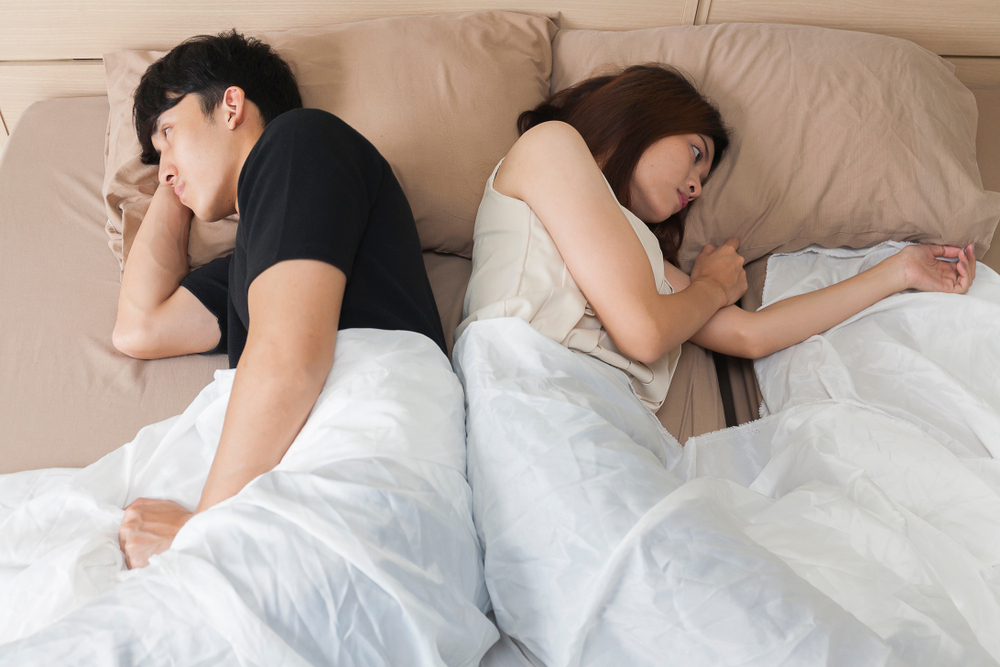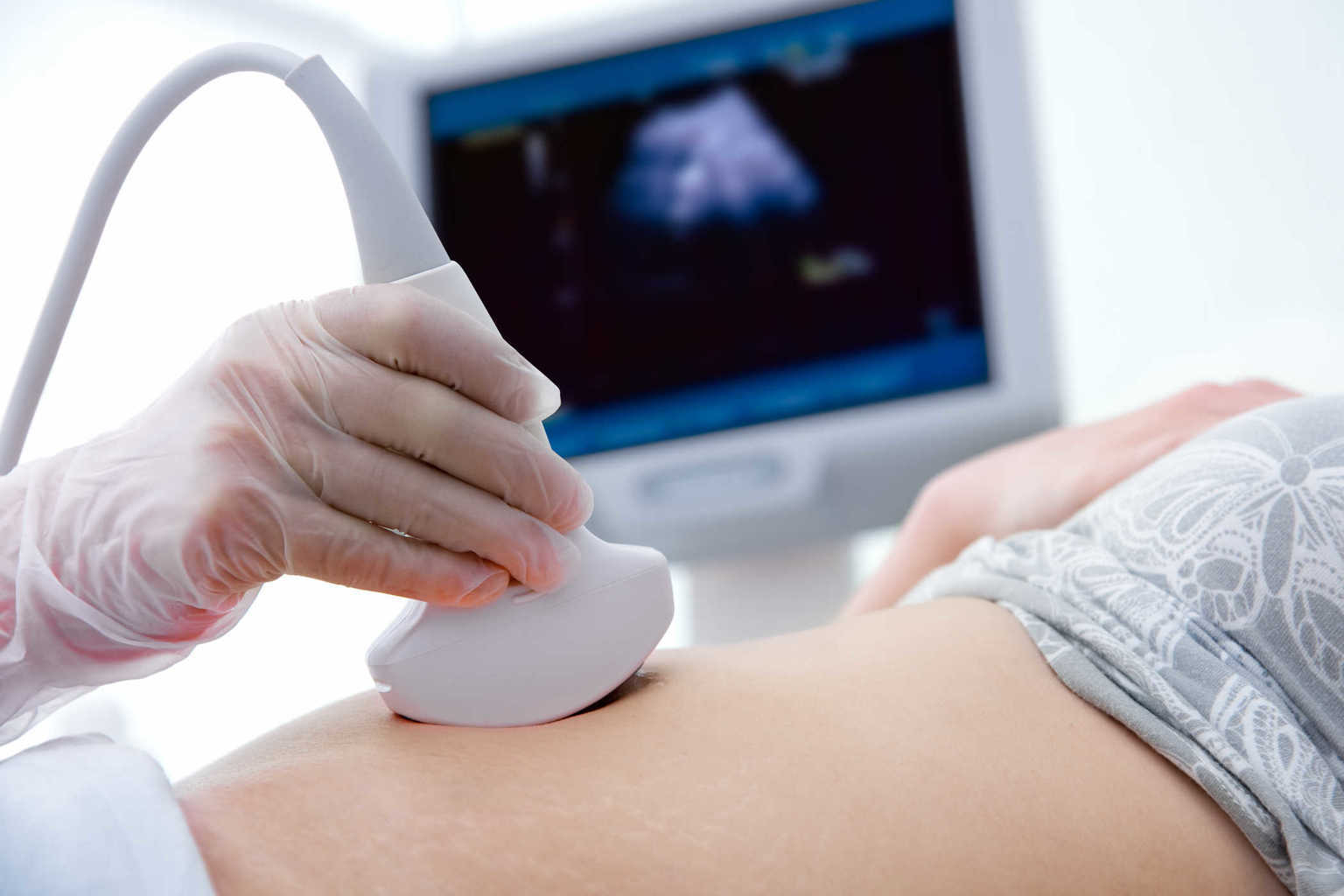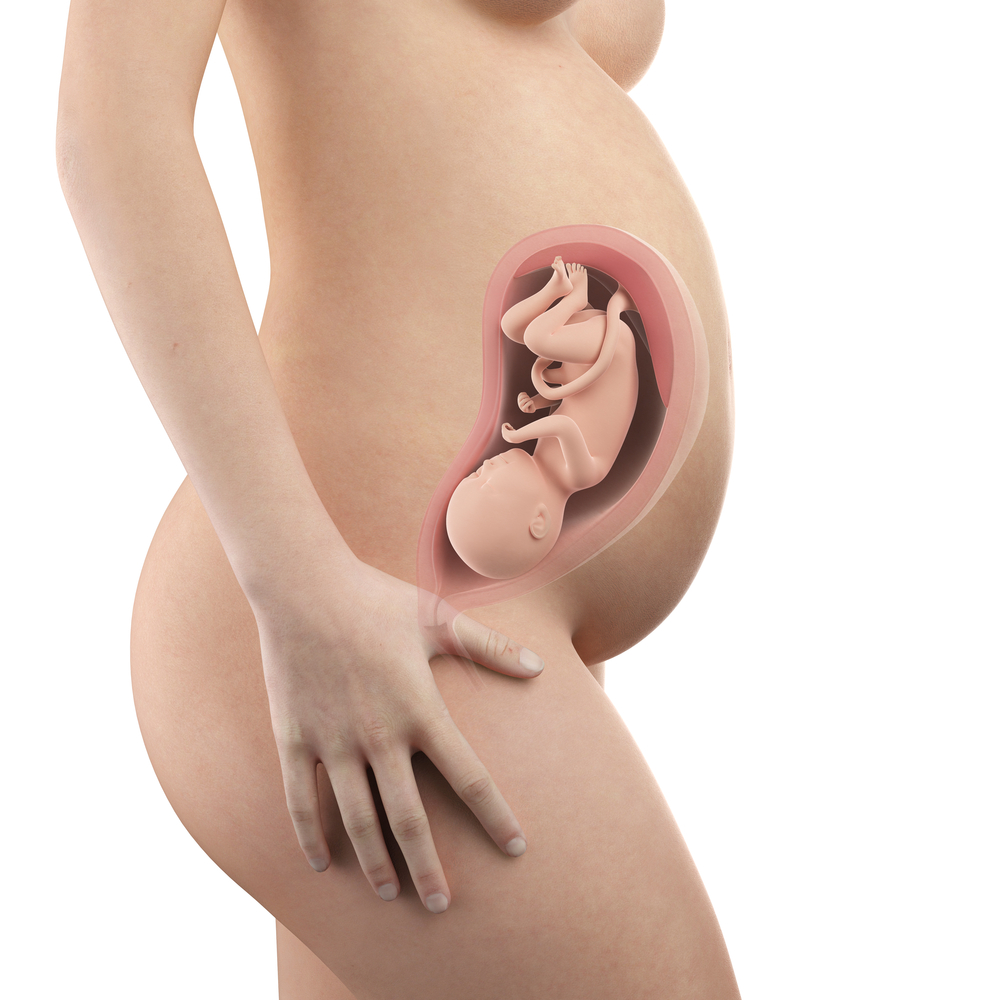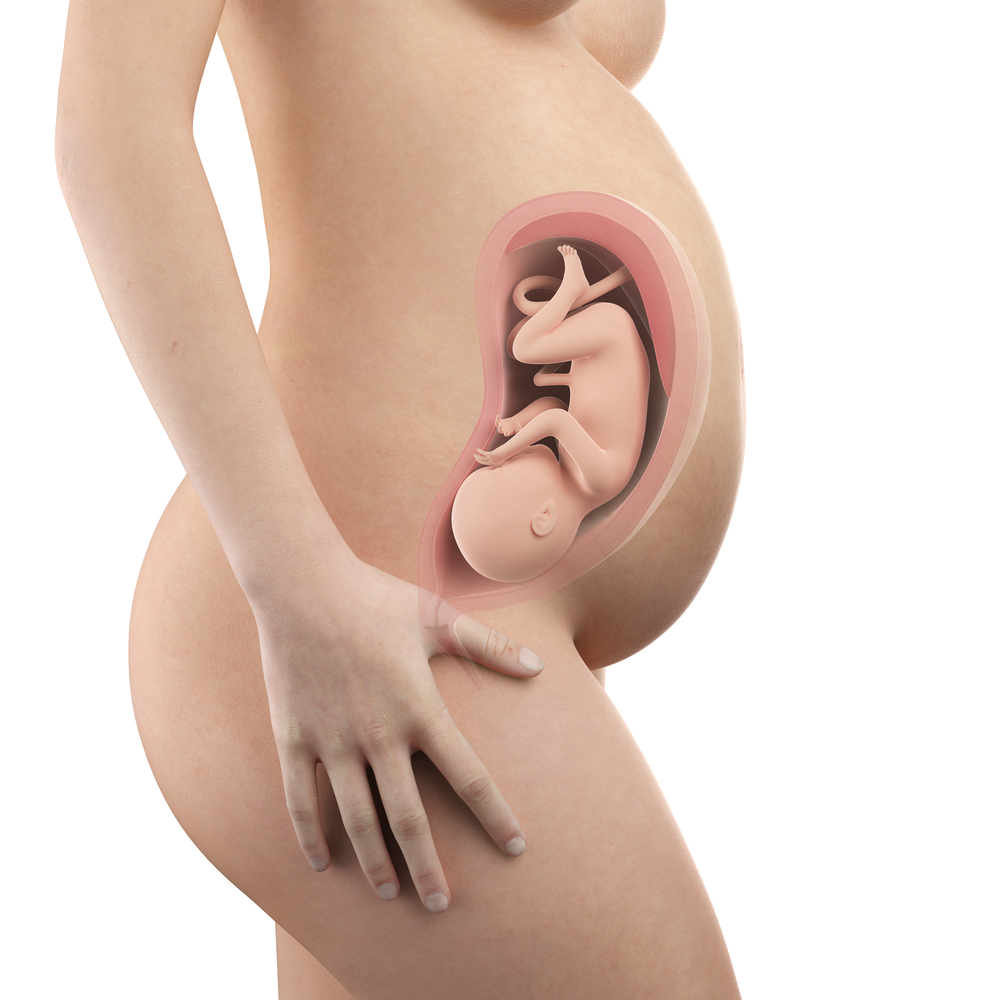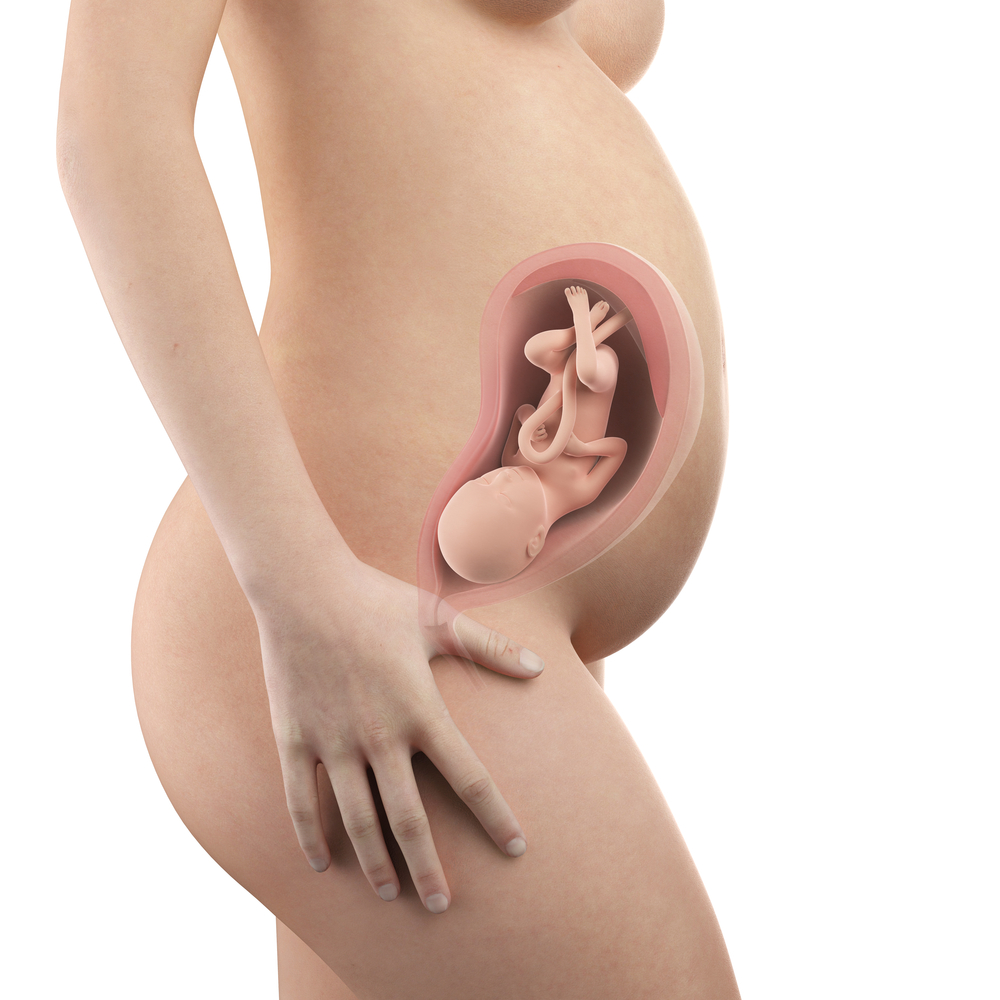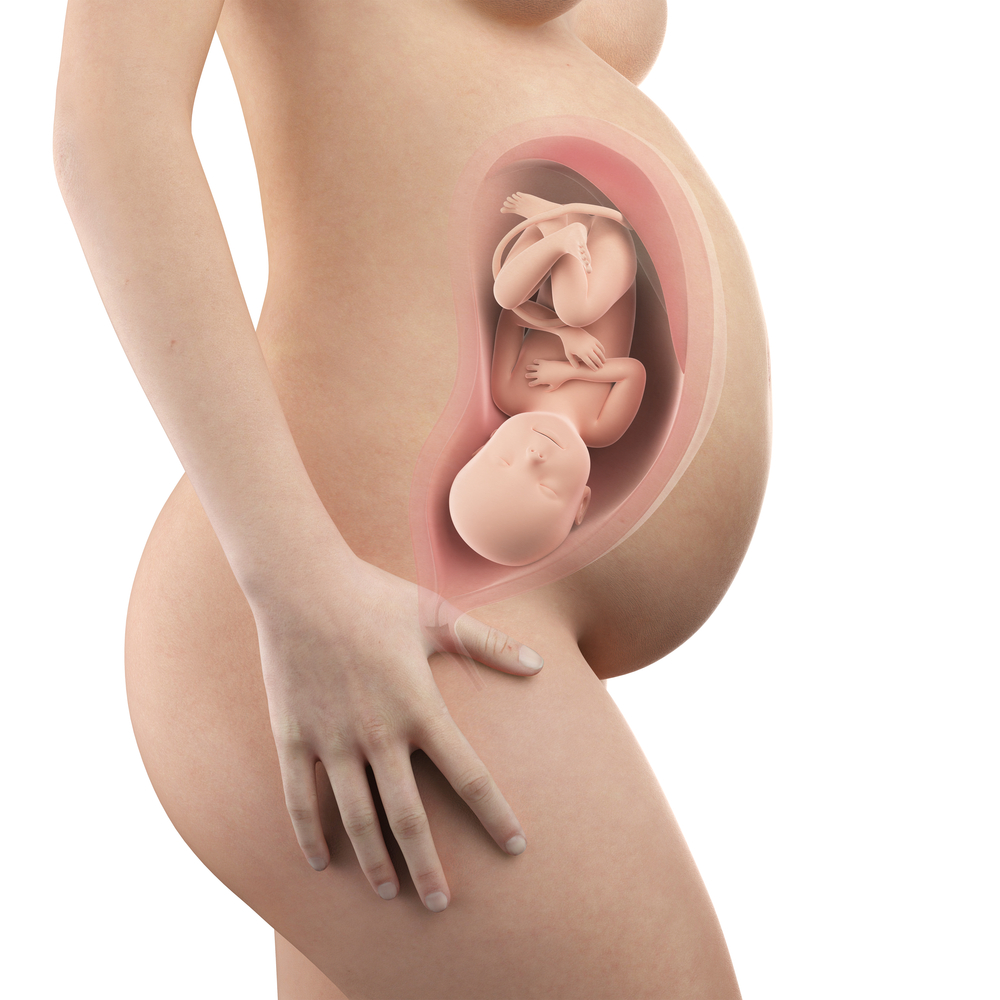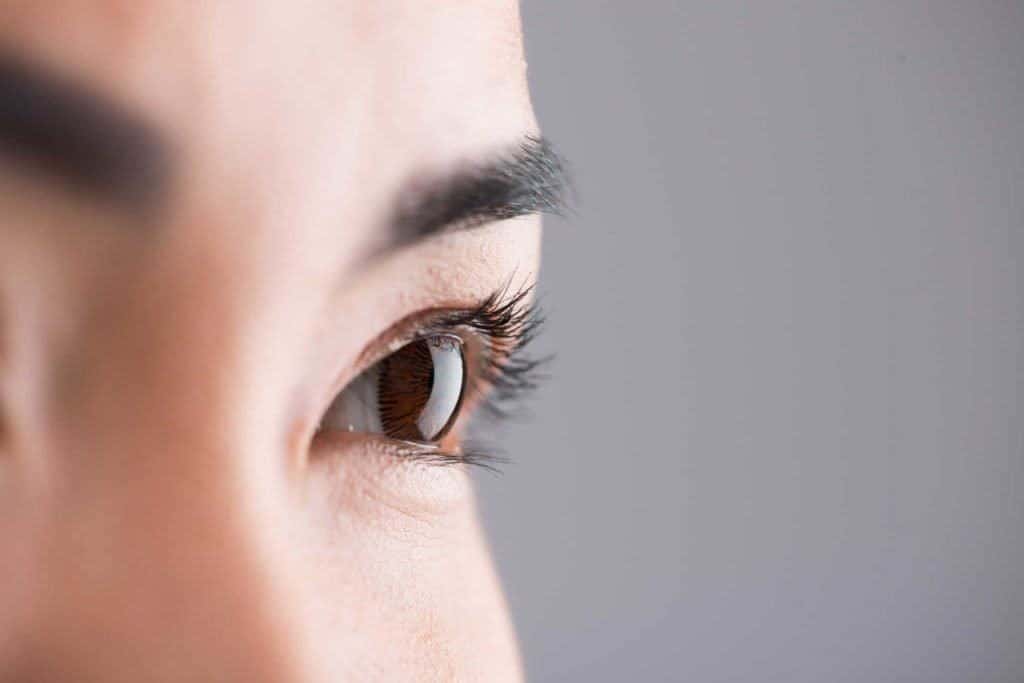Contents:
- Medical Video: Heart Palpitations Medical Course
- Relationship to food and heart palpitations
- Other causes of heart palpitations
- When should heart palpitations be watched out?
- If you do experience heart palpitations
Medical Video: Heart Palpitations Medical Course
Heart palpitations are a condition when your heart rate feels unusual, such as too slow, or the beat is not rhythmic, or has a more than normal beat rate. Some people describe it as a thumping chest. It may also be a sudden increase in heart palpitations. You can also feel it in the neck.
Heart palpitations can occur even if you are not stressed. This condition can be troubling, especially if you have never experienced it. However, palpitations may not be a symptom of something serious.
Relationship to food and heart palpitations
Some people experience heart palpitations after eating. There are several reasons that might be the cause. First, you may be sensitive to caffeine found in many drinks, such as coffee, tea, soda, and energy drinks. Chocolate also contains caffeine. Alcohol also has a role. Research from the University of Californa San Francisco (UCSF) in 2011 found a relationship between heart palpitations and alcohol consumption in patients with atrial fibrillation.
You may also be allergic or sensitive to certain foods. Heartburn from eating spicy or spicy foods can also cause heart palpitations. According to the Mayo Clinic's Katherine Zeratsky, R.D., L.D., although there are no studies to prove, some people can have a reaction to MSG. MSG itself is a flavor enhancer that is often used in cooking. If you suspect MSG causes palpitations in the heart, avoid foods that contain MSG.
You may also take herbal supplements that can cause heart palpitations, such as:
- Bitter orange
- Ephedra
- Ginseng
- Hawthorn
- Valerian
If you experience heart palpitations after eating, maybe the palpitations are not directly related to food, but with eating activities. Palpitations can be triggered by the process of swallowing. Some people also experience palpitations when they stand up immediately after sitting down. Palpitations can also be triggered by emotions. If your meal time is a source of anxiety or stress, this can be the root of the problem.
Heart palpitations can also be caused by a lack of substances in your diet. Low levels of potassium, blood sugar, and dehydration can be a factor in heart palpitations.
Other causes of heart palpitations
You are more prone to heart palpitations when you are pregnant or exercising. Intense feelings such as fear and panic can also cause palpitations. Some commonly sold drugs, such as cold and decongestant drugs that have stimulant effects, and drugs for asthma, heart disease, high blood pressure, diet pills, thyroid hormones, and some antibiotics can also cause palpitations.
Illegal drugs such as amphetamines and cocaine, and nicotine in cigarettes can also trigger heart palpitations.
When should heart palpitations be watched out?
If you have just had heart palpitations, visit your doctor. Although palpitations are not dangerous, they can be a sign that something is wrong, especially if accompanied by:
- Difficulty breathing
- Excessive sweating
- Confusion
- Dizziness or fainting
- Chest pain
- Pressure on the chest, upper back, arms, neck or jaw
Heart palpitations can also be a symptom of several medical conditions, such as:
- Anemia
- Dehydration
- Out of blood
- Low blood sugar
- Low levels of carbon dioxide in the blood
- Low oxygen levels in the blood
- Low potassium levels
- Overactive thyroid
- shock
It is important to consult a doctor if you have a risk of heart disease or have been diagnosed with a heart disease or condition. The doctor will do a physical examination first. If a heart problem is found, you need to see a cardiologist. Diagnostic tests can include:
- Blood test
- Urine test
- Electrocardiogram (ECG)
- Echocardiogram
- Stress test
Handling itself depends on the results of the diagnosis.
If you do experience heart palpitations
If there are no medical conditions that cause heart palpitations, you don't need medical attention. However, you will feel uncomfortable, especially if palpitations continue. If you experience it often, try to find out what foods or activities might be the trigger. Avoid these foods and see if the palpitations stop. You can keep a diary of food so you can specifically find out what foods trigger palpitations.
If you are experiencing stress, therapies such as yoga, meditation, and deep breathing can help lift your heart palpitations.
Hello Health Group does not provide medical advice, diagnosis or treatment.



